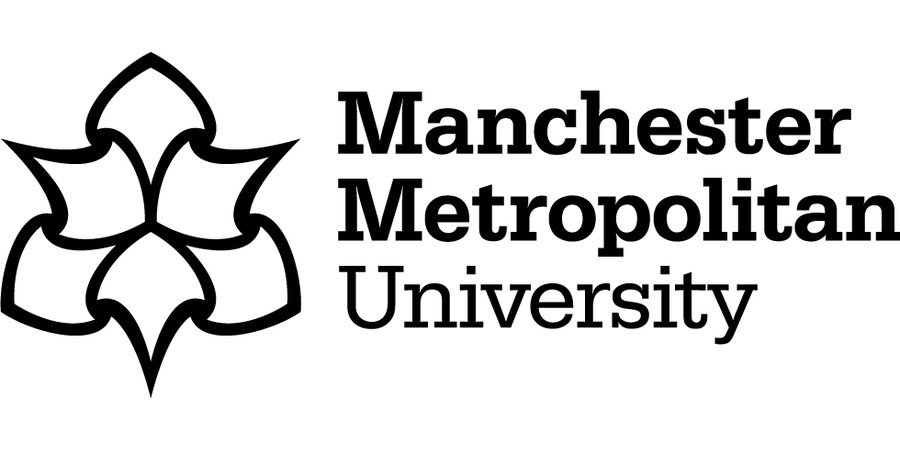PhD Studentship - Engineering, Biological and Environmental Benefits of Visible-light Activated Antimicrobial Photocatalytic Coatings for Water Treatment
Manchester Metropolitan University
| Qualification Type: | PhD |
|---|---|
| Location: | Manchester |
| Funding for: | UK Students, EU Students, International Students |
| Funding amount: | £20,780 - please see advert |
| Hours: | Full Time |
| Placed On: | 23rd April 2025 |
|---|---|
| Closes: | 19th May 2025 |
| Reference: | SciEng-JR-2025-Antimicrobial coatings water |
Project advert
This PhD project focuses on developing new antimicrobial coatings for water treatment.
Water scarcity and contamination with pathogens are critical issues, with over 2 billion people lacking access to safe drinking water. In the UK alone, severe droughts could leave 1 in 4 households without water by 2030. Traditional water treatment infrastructure is often expensive and difficult to manage, especially in developing countries. An alternative is to use antimicrobial materials that can actively kill microorganisms in water. Photocatalysis, a chemical process initiated by light-activation, offers a sustainable and effective method for water decontamination.
This project will seek to develop and optimize new photocatalytic coatings for water treatment that can remove a wide range of pollutants, including pathogenic microorganisms and toxins.
The successful candidate will gain significant interdisciplinary skills including microbiology, surface engineering and analytical chemistry, joining our vibrant, growing doctoral community.
Project aims and objectives
The aim of this project is to assess the role of visible-light activated photocatalysts in sustainable water treatment, particularly in removing microorganisms and contaminants of human and environmental concern.
Objective 1: Develop and optimise photocatalytic coatings for use in localised water treatment, including delivery systems and physical characterisation of the materials
Objective 2: Assess the antimicrobial activity of the coatings on multiple species of bacteria, algae, cyanobacteria, and pathogens relevant to water contamination.
Objective 3: Extend development, optimisation and testing to non-microbial contaminants, including cyanobacterial-produced toxins, geosmin and pharmaceuticals.
Objective 4: Determine the mechanisms by which photocatalytic coatings inhibit or kill cells, stress response, bacteriolytic, bacteriostatic or bactericidal, and ROS production.
Funding
The student will be in receipt of a stipend payment; the Research Council minimum rate (set by UKRI) £20,780 for 2025/26.
Home and Overseas students can apply. Home fees are covered. Eligible overseas students will need to make up the difference in tuition fee funding.
Specific requirements of the candidate
The qualifications, skills, knowledge and experience applicants should have for this project, in addition to our standard entry requirements.
The ideal candidate will have a background in microbiology or biology. Desirable skills include:
- Microbiological techniques, specifically the culture of microorganisms
- Ability to conduct literature searches and critically evaluate scientific information
- Ability to design and carry out experiments, and collect, analyse, and interpret resulting datasets using statistical techniques
- Excellent record keeping, and ability to keep accurate records of daily activity in a lab book
- Ability to work both as a team and individually with minimal supervision.
- Other beneficial experience would include working with algae, surface/coatings engineering (e.g. magnetron sputtering), or working on interdisciplinary projects.
How to apply
Interested applicants should contact Dr James Redfern (J.Redfern@mmu.ac.uk) for an informal discussion.
To apply you will need to complete the online application form for a full-time PhD in Natural Sciences.
You should also complete a narrative CV (500-1000 words) addressing the project’s aims and objectives, demonstrating how the skills you have map to the area of research, how your experience makes you suitable for this position, and why you see this area as being of importance and interest.
You will need to upload your statement in the supporting documents section of the University’s Admissions Portal.
Applications closing date: 19 May 2025
Expected start date: October 2025
Please quote the reference: SciEng-JR-2025-Antimicrobial coatings water
Advert information
Type / Role:
Subject Area(s):
Location(s):









